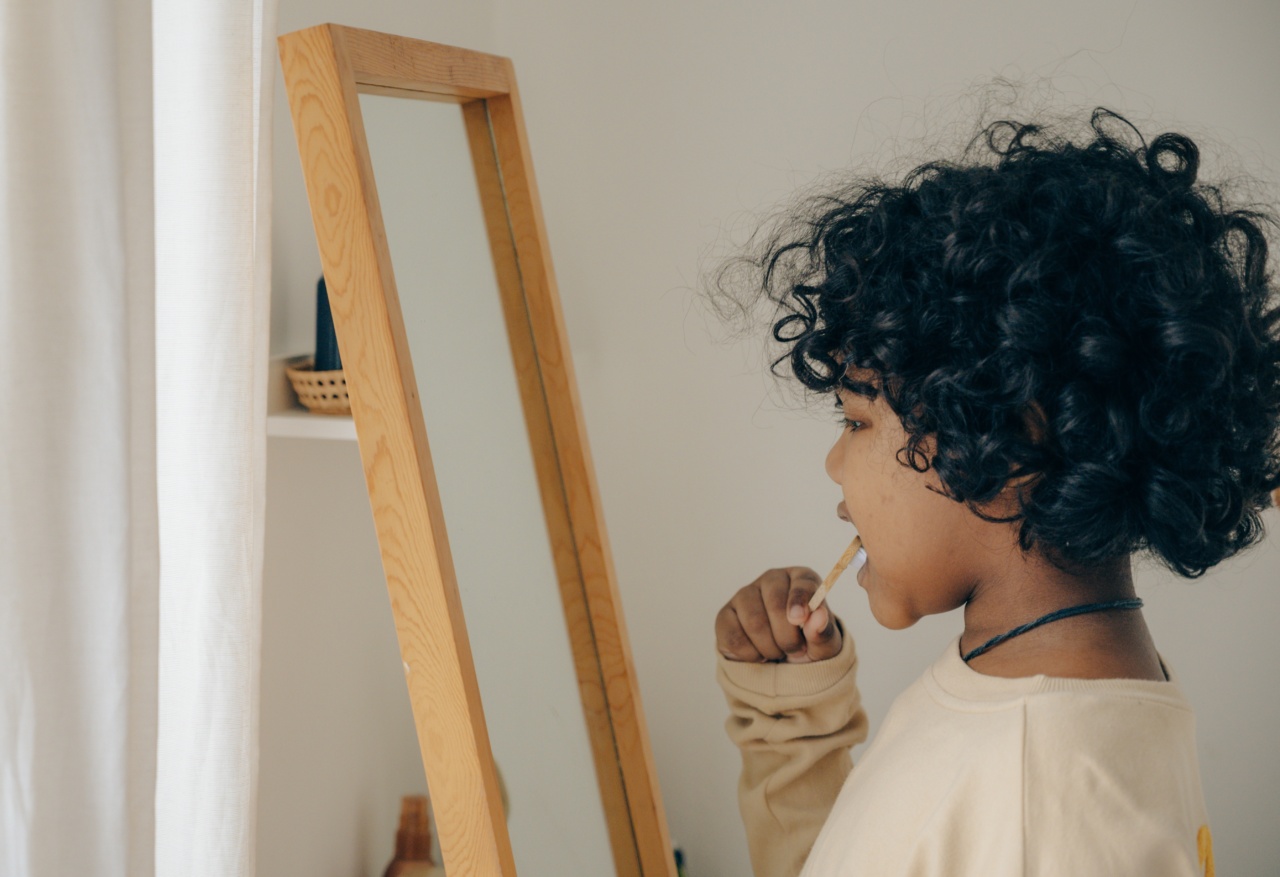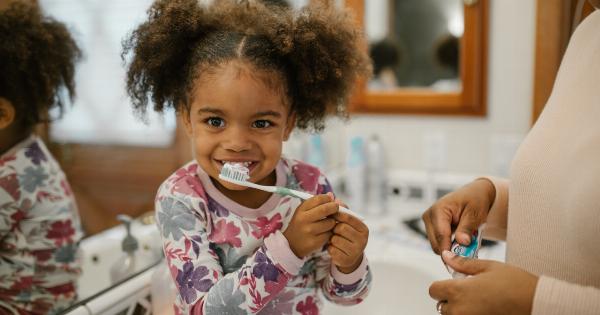Oral hygiene is important to maintain overall health. By teaching your children proper oral hygiene habits, they can prevent tooth decay, gum diseases, and other oral health problems.
Encouraging your children to maintain these habits from an early age will lay the foundation for a lifetime of healthy teeth and gums. Here are some tips for teaching your children good oral care.
Start Early
Start by introducing oral hygiene habits when your children are young, before teeth start to appear. Clean your baby’s gums with a soft, damp cloth after feeding to remove any bacteria.
As their teeth come in, switch to a soft-bristled toothbrush and fluoride toothpaste. Encourage your child to brush their teeth twice a day, after breakfast and before bed.
Make Brushing Fun
Children are more likely to participate in activities that are fun and exciting. Use toothbrushes with their favorite cartoon characters, play music while they brush, and make silly faces in the mirror.
You can also make brushing a family activity, where everyone brushes their teeth together. This helps develop good habits and makes oral hygiene a daily routine.
Show Them How
Demonstrate to your children the proper way to brush their teeth. Use a pea-sized amount of fluoride toothpaste and show them how to brush in circular motions, focusing on every tooth. Encourage them to brush for at least two minutes each time.
Remember to show them the proper way to floss as well, as flossing is an important part of oral hygiene.
Monitor Their Progress
It’s important to monitor your children’s progress, especially when they’re young. Children often need help brushing their teeth until the age of six or seven.
Make sure they’re brushing for the right amount of time and using the proper technique. Once they’re old enough to brush on their own, supervise them to ensure they’re doing it correctly.
Limit Sugary Foods and Drinks
Sugary foods and drinks are one of the main culprits of tooth decay in children. Sugars react with the bacteria in the mouth to create acid, which causes cavities.
Limit your child’s consumption of sugary foods and drinks, and encourage them to choose healthier options like fruits and vegetables. If they do consume sugary foods or drinks, have them brush their teeth immediately afterward.
Visit the Dentist Regularly
Regular dental checkups are essential for maintaining good oral hygiene. It’s recommended that children visit the dentist twice a year.
This allows the dentist to monitor your child’s teeth and gums and address any oral health issues before they become problematic. Additionally, regular visits to the dentist help your child become more comfortable with dental procedures, reducing any anxiety they may have.
Make Oral Hygiene a Priority
Oral hygiene should be a priority in your family’s daily routine. By making it a routine, you are teaching your children the importance of taking care of their oral health, which will stick with them throughout their lives.
Encourage them to brush and floss regularly, limit their consumption of sugary foods and drinks, and visit the dentist regularly. With proper oral hygiene practices, your children can maintain healthy teeth and gums for a lifetime.
Conclusion
Oral hygiene is essential for maintaining overall health and well-being. By teaching your children proper oral hygiene habits from an early age, you can help prevent tooth decay, gum diseases, and other oral health problems.
Start by introducing oral hygiene habits when your children are young, make brushing fun, show them how to brush and floss properly, monitor their progress, limit sugary foods and drinks, visit the dentist regularly, and make oral hygiene a priority in your family’s daily routine.




























